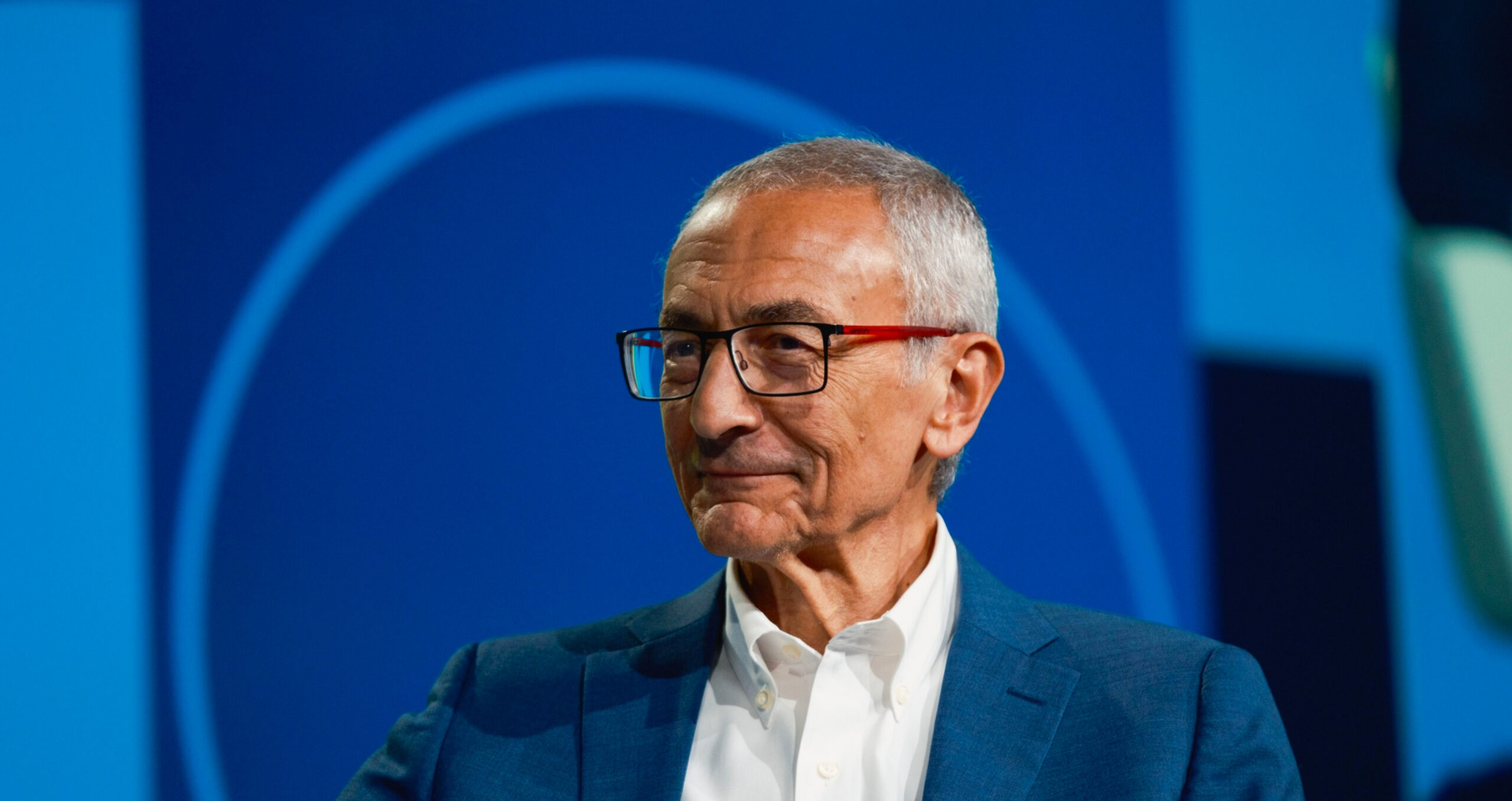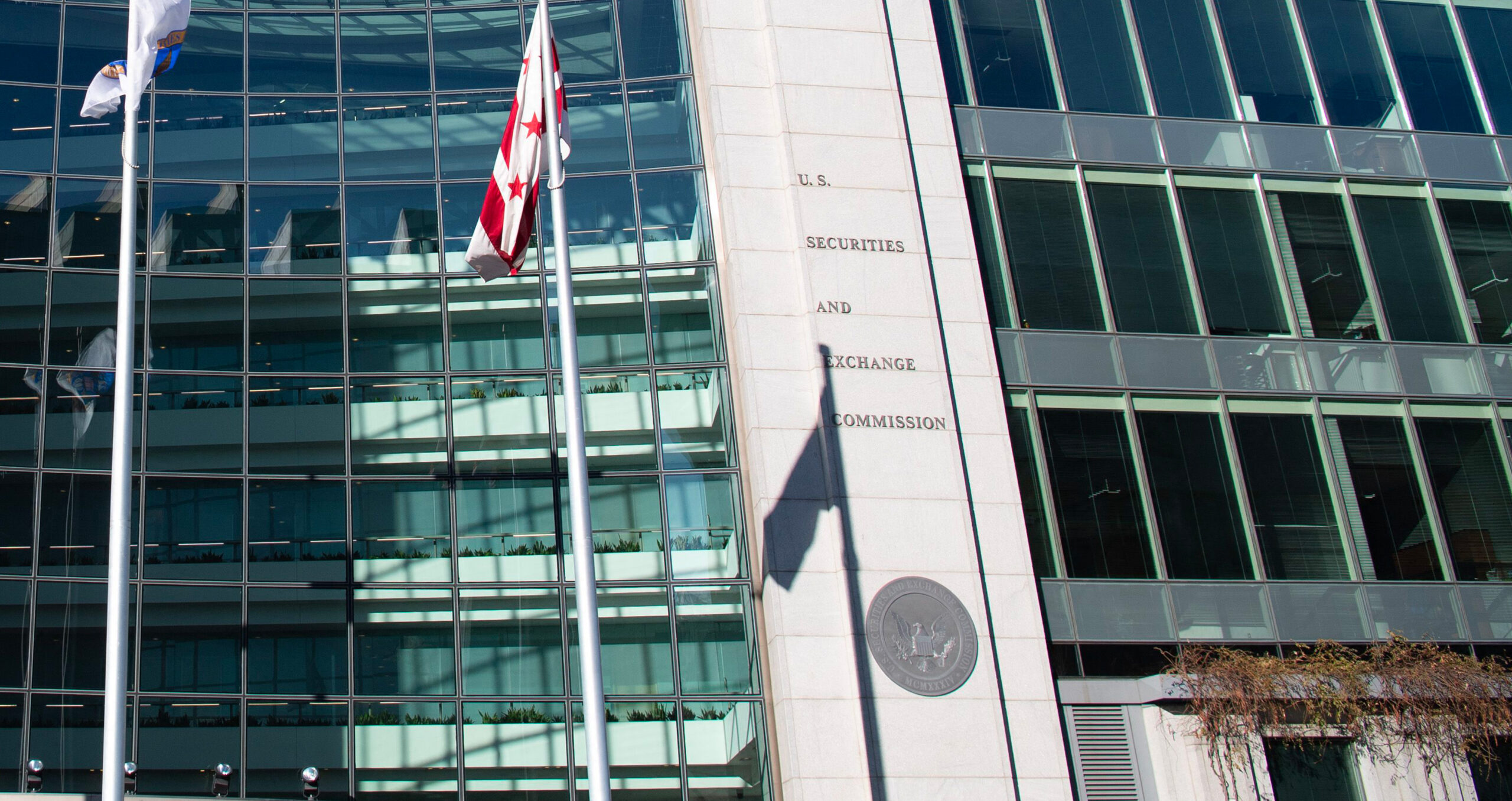
How John Podesta will move ahead with John Kerry’s carbon markets plans

The Energy Transition Accelerator is outgoing US climate envoy John Kerry’s project to mobilise finance for the transition from coal to clean in developing countries. Experts insist his successor, John Podesta, is well set to pick up the baton
Last month, the White House announced that President Joe Biden’s indefatigable, globe-trotting climate envoy, John Kerry, will step down this spring. His replacement, John Podesta, who currently oversees the implementation of the Inflation Reduction Act, will add “international climate envoy” to his portfolio.
A leader on climate and clean energy issues in Washington, DC, inside and outside of government, for decades, Podesta was a climate adviser for Barack Obama before returning to government to join Biden’s administration.
As Kerry prepares to leave government his legacy initiative, the Energy Transition Accelerator, is still taking shape. Led by the US state department, the Rockefeller Foundation and the Bezos Earth Fund, the initiative aims to accelerate the retirement of coal-fired power plants and the deployment of clean energy in developing countries by enabling companies to purchase credits tied to verified emissions reductions.
The partners, who intend to establish the accelerator as an independent initiative by Earth Day on April 22, insist Kerry’s departure won’t mean a change of plan.
A state department spokesperson told Sustainable Views that it remains committed to the ETA and its related collaboration with the World Bank’s Scaling Climate Action by Lowering Emissions initiative. This includes engaging with the ETA pilot countries – namely Chile, the Dominican Republic and Nigeria – and other stakeholders, such as global environmental non-governmental organisations and carbon crediting bodies.
“We look forward to continuing to work with the US state department to unlock private capital that can help developing and emerging economies transition from fossil-based to clean power,” Rajiv Shah, president of the Rockefeller Foundation and former USAID administrator under Obama, said in an emailed statement.
The ETA takes shape
“No government in the world has enough money to get this job done. We will only succeed with a massive infusion of private capital,” said Kerry when he launched the accelerator at COP27 in Egypt in November 2022.
The ETA is his attempt to close that funding gap and boost spending on clean energy – which the International Energy Agency estimates must increase sevenfold – to $1.9tn annually by the early 2030s in emerging and developing economies.
Under the ETA framework released in December 2023, governments would issue credits tied to projects that reduce emissions, such as the early retirement of coal-fired power plants. Participating governments would be required to have a climate plan filed with the UN that addresses electric power generation, and commit to policies such as no new permitting of unabated coal power plants.
Private sector and sovereign government buyers would purchase the resulting carbon credits, which would generate revenue for governments to build clean energy projects. Participating companies would be required to commit publicly to mid-century net zero targets and report a greenhouse gas emissions inventory. They would also be allowed to use ETA credits to offset their Scope 2 and 3 emissions.
Ten large companies, including Amazon, Bank of America, McDonald’s and PepsiCo, have signed a letter of interest with the initiative. The letter affirms that they “share the ETA’s aim of helping to keep a 1.5C limit on warming within reach” and “believe the ETA has the potential to serve as a model of high integrity in voluntary carbon markets”.
The ETA estimates that the initiative could generate up to $41bn in direct carbon credit revenue and mobilise up to $207bn for clean energy projects by 2035.
The path forward
However, an August 2023 report by London and Berlin-based think-tank Universal Owner Initiatives (now called Danu Insight) outlined risks to the ETA’s mission. It said: “The Energy Transition Accelerator has the potential to be a critical player in the race against climate change,” but added that the initiative “finds itself navigating a complex landscape of multifaceted negotiations, substantial capital transfers and diverse risk management”.
The report gives the example of Germany’s coal power phase-out to warn governments against overpaying to shutter coal plants. The report estimates that the German government paid an average of $90,000 per megawatt to retire capacity at hard coal plants via reverse auctions and $545,000/MW to retire lignite coal capacity via bilateral negotiations between the state and two large energy companies.
“In a worst-case scenario, an unintentional rise in coal market value spurred by the ETA could extend the lifespan of existing plants and de-risk new coal construction projects,” the authors wrote. “Instead, national governments could generate artificial markets through reverse auctions, to purchase coal plants at bargain prices, effectively avoiding market price inflation.”
The non-profit Winrock International is developing a sector-scale crediting standard to ensure that ETA credits “will represent rigorously quantified and verified reductions in power sector emissions in participating countries” .The ETA says credits issued must align with the principles outlined in Article 6 of the Paris Agreement, the emission unit eligibility criteria of the Carbon Offsetting and Reduction Scheme for International Aviation, and the Integrity Council for Voluntary Carbon Markets. Winrock released a draft of the crediting standard in December 2023.
Experts also point to Podesta’s experience in focusing on how the energy transition can benefit workers as well as investors as another reason why the accelerator has a decent chance of success.
“The US has historically had a problem that its foreign policy didn’t always work for the middle class and was difficult to sell and salvage at home,” Todd Tucker, director of industrial policy and trade at the Roosevelt Institute think-tank, told Sustainable Views.
“John Podesta has been laser-focused on making sure that the clean energy transition works for American workers,” he added. “US trading partners can breathe easy that what the US commits to do internationally will work politically and economically at home, and be credible and lasting.”
Similar Articles

Pressure mounts on California’s Gavin Newsom to fund climate legislation

In Brief: EU parliament rubber-stamps CSDDD; US imposes strict rules on carbon pollution from power plants


